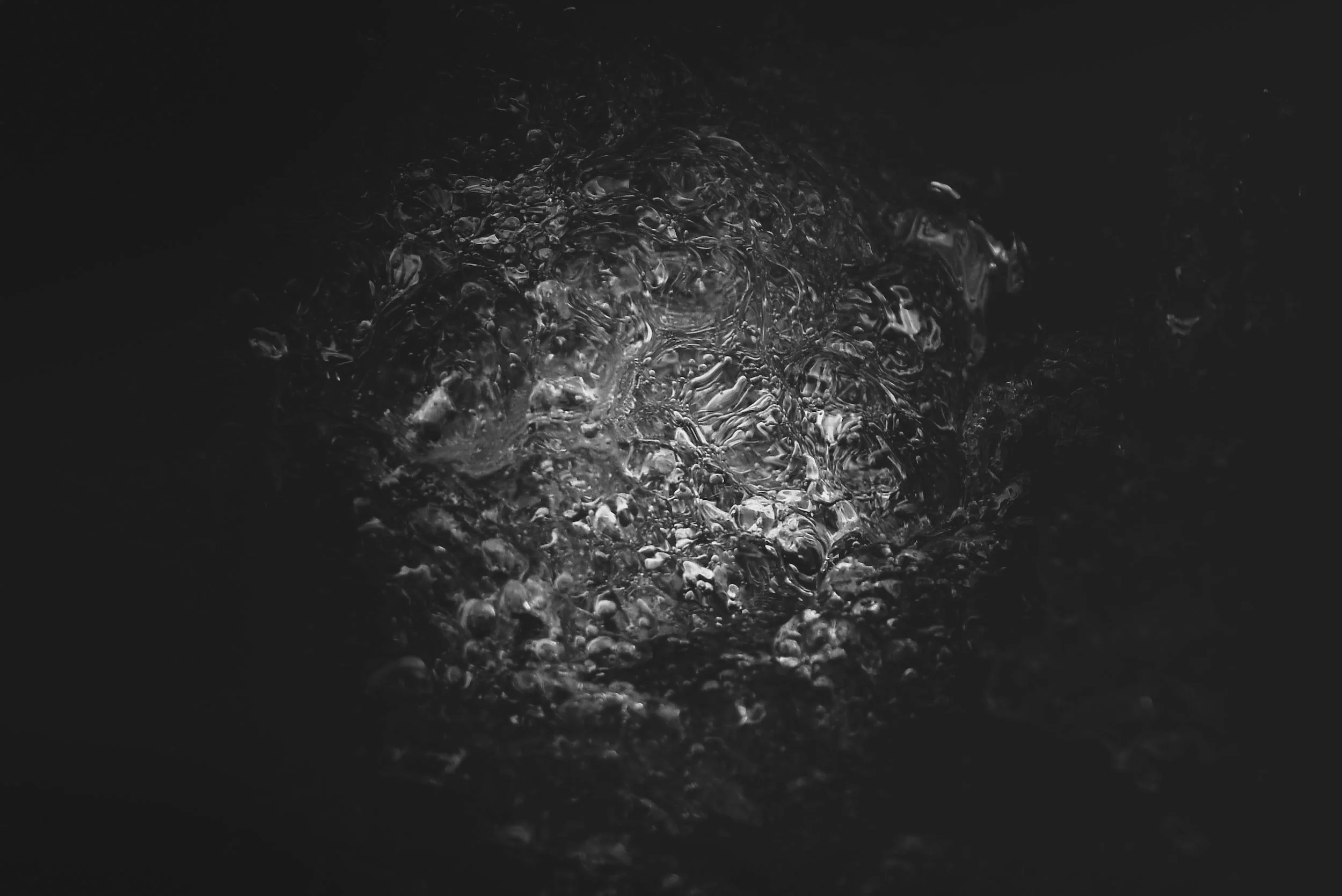God is down. God is underneath. God is hidden. God is in the darkness. I often find myself wanting to use such metaphors to describe my experience of God. I am well aware, of course, that such imagery runs contrary to the typical ways in which God is described, at least in the evangelical Christian tradition in which I grew up. God is light or resides in the light; God reigns from above; God is there in plain sight to be found if only we are willing to open our eyes and seek—these are the types of images that are more commonly used to describe God. And I don’t deny the helpfulness and aptness of such descriptions. I just find them incomplete. It may be (and I believe that it actually is) helpful in many cases to think of God as light or in the light, but when I look to my own experience, it seems utterly clear to me that there is a very real sense in which God is also in the depth and darkness.
I should, I think, take a moment to clarify what I do not mean when I say that God is in the darkness or in the depths. People sometimes use this sort of language to describe the felt presence of God even in the worst of times: “In my darkest hour, God was with me,” or so the line might go. And again, this is certainly useful imagery, but it is not the darkness of which I speak. Rather, when I say here that God is in the depth and darkness, what I am attempting to get at is a sense of the unknown, the unknowable, the unsayable, the ineffable, the mysterious, the mystical, the infinite. It is something akin to what the anonymous Christian mystic famously referred to as “The Cloud of Unknowing”. It is the space beyond the edges of reason and certainty. That is the depth and darkness of which I speak. That is where I found God.
I did not, however, go searching for God in those dark and hidden places. After all, one cannot find what one cannot see, right? No, I was searching in the light, as any sane person would. I shined the light of reason and knowledge on all of the places I could think to look. For more than twenty years I searched that way, confident that a conclusion would be lying around some newly investigated corner. I suppose I believed—if only I read enough books, listened to enough lectures, wrote enough words, thought enough thoughts—that eventually, one way or another, my agnosticism would fall away and I would find myself ready and able to make a definitive decision regarding the reality of God. But that day never came. An answer was never lying around any corner. Uncertainty held fast despite my best efforts to eliminate it.
And then one day…I gave up. I don’t know exactly what it was that flipped the switch, but it finally occurred to me that after two decades of searching, I was no closer to a definitive, rational conclusion about the reality of God than when I started. And another year, or five years, or twenty years wasn’t going to make the difference. So I let go. I accepted the uncertainty. I turned off the inquisitive light of reason, sat down, and rested in the deep darkness of the unknown. I said earlier that I found God in that darkness, but I don’t suppose that is exactly true. I am inclined to say instead that God found me, but that’s not quite it either; God who always knows us better than we know ourselves never needs to “find” us. No, I think the best I can do is to say that it was in that darkness that I was finally able to sense God, who had been there (and everywhere) all along.
